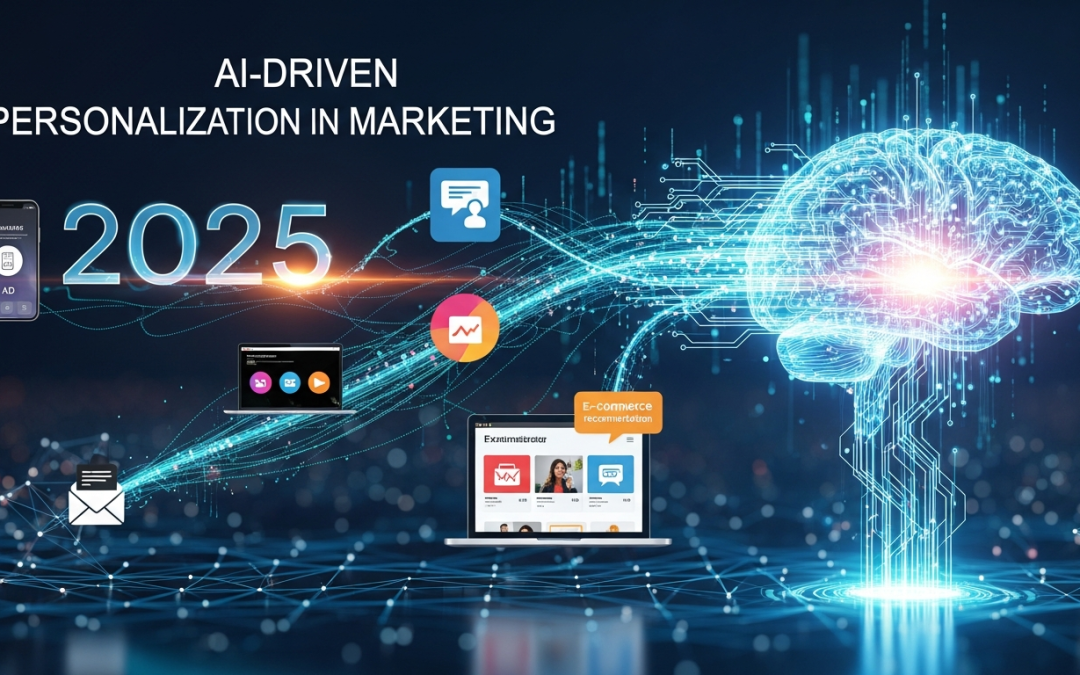
The digital marketing landscape in 2025 is evolving rapidly, driven by the growing influence of artificial intelligence (AI). Today, brands are moving well beyond basic audience segmentation to deliver deeply personalized experiences that adapt dynamically to each customer’s unique preferences, behaviors, and even emotional signals.
Using real-time data such as browsing habits, purchase history, and social media activity, AI enables marketers to tailor content and engagements that feel uniquely relevant and timely. This level of personalization fosters authenticity, builds customer trust, and drives significant improvements in engagement and conversion rates.
Advanced AI technologies—including generative AI models like ChatGPT, Google Bard (Gemini), and Anthropic’s Claude—are becoming integral to marketing platforms, enhancing capabilities such as automated content creation, predictive analytics, and conversational marketing. These tools empower brands to anticipate customer needs before they are explicitly expressed, delivering ultra-relevant experiences across channels.
Marketers are also embracing interactive content, such as quizzes, polls, and augmented reality experiences, to create immersive engagement that shifts customers from passive consumers to active participants. While automation plays a central role, successful strategies maintain a human element to foster genuine connection.
Looking ahead, omnichannel marketing strategies powered by integrated AI insights will become the norm. Brands that invest in AI-driven personalization tools, prioritize ongoing optimization based on data analytics, and adhere rigorously to privacy standards will be positioned for sustained growth and customer loyalty.
Practical Strategies to Implement AI Personalization Today
-
Adopt AI-enhanced CRM systems that consolidate customer data across all touchpoints for holistic insights.
-
Utilize chatbots with natural language processing to deliver personalized, responsive customer support.
-
Create adaptive content that dynamically changes according to user behavior and preferences.
-
Incorporate interactive elements such as augmented reality features or personalized quizzes to amplify engagement.
-
Continuously measure and optimize AI-driven campaigns with a focus on customer experience metrics beyond clicks.
-
Comply proactively with privacy regulations and communicate transparently about data usage to maintain trust.
AI-powered personalization in 2025 is no longer optional but essential. By combining cutting-edge technology with authentic interactions, marketers can create meaningful, tailored customer experiences that fuel business success in the digital age.

